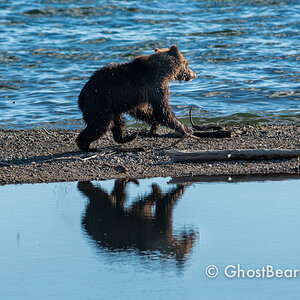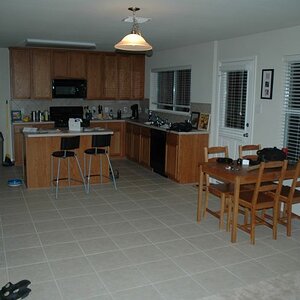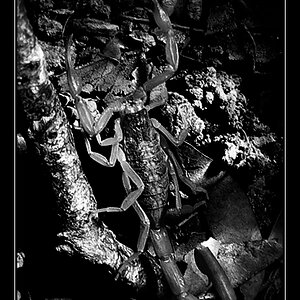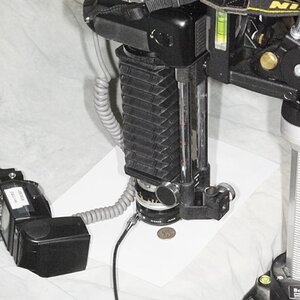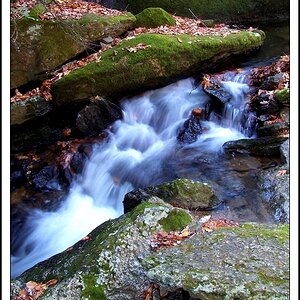Alpha
Troll Extraordinaire
- Joined
- Mar 15, 2005
- Messages
- 5,451
- Reaction score
- 41
- Location
- San Francisco
- Can others edit my Photos
- Photos NOT OK to edit
Which is hardly an excuse to rob those who do need them of higher resolution, and really not a good enough reason in general. Megapixels are currently driving the digital market. More pixels won't make your shot better, but there's no reason not to strive for higher resolution.



